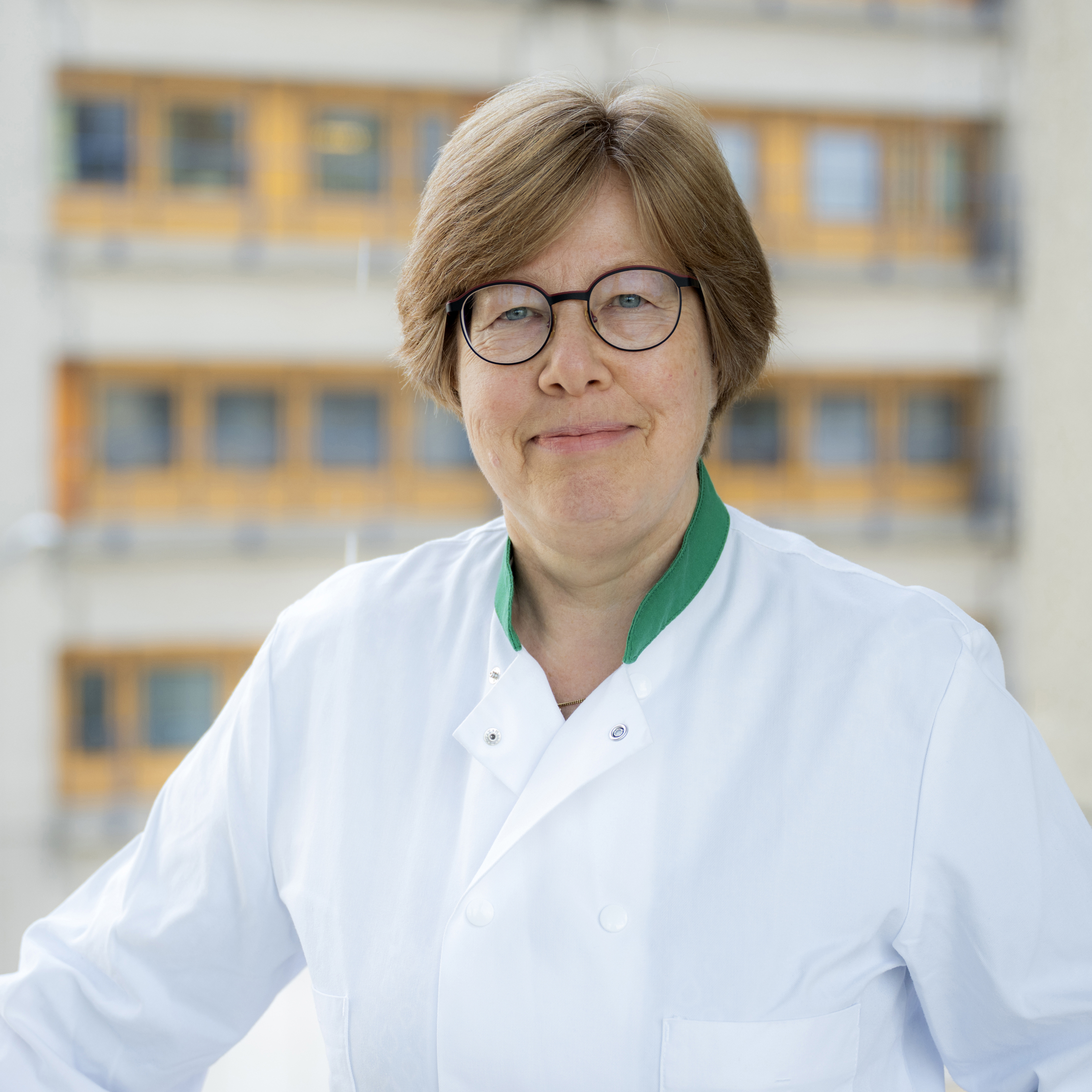Linda Boomaars - van der Zanden
&width=400&height=400)
“Yes, I have MS, but that doesn't define my entire identity. First and foremost, I am a colleague who does her job as well as possible.”
In 2002, Linda was diagnosed with multiple sclerosis (MS), although there had already been signs since 1990. Since then, the disease has caused permanent damage to her nervous system. She notices this mostly in her energy. “Fatigue affects my daily life the most. After a good night, I start the day with 85 percent energy, but after a bad night only with 50 percent. However the day begins, I always end up at zero – the only question is when that point comes.”
The visible consequences sometimes do not seem too bad, but invisible consequences are a big challenge. “What people often don’t see is how big the impact is. On the outside I may look energetic and active, but that does not say anything about how much I can actually handle. For that I need recognition, without me constantly having to explain how my illness works.”
How do you experience diversity and inclusion in your workplace?
Linda: “For me, inclusion means that you understand that not everything is visible. My illness is invisible, but it does have an influence on what I can do. Sometimes I can do something, sometimes not – and that has to be okay. I see the same with people with, for example, rheumatism: one moment it goes well, the next moment it does not. The most important thing is that colleagues accept that without judgment. Everyone knows their own limits. It is not unwillingness, but a physical limitation.
I especially want people to look beyond the labels. Yes, I have MS, but that does not determine my whole identity. I am first and foremost a colleague who does her job as well as possible. I can do a lot, sometimes in a different way, and that is fine.”
Which elements of the work culture make you proud or happy?
Linda: “What makes me proud is that there is room to be open. Still, I also notice that openness can be difficult – for yourself and for others. I once shared my story in a newsletter. My manager then wondered whether that was appropriate. That felt as if I was being pushed aside. While I think: why shouldn’t we make this discussable? Precisely through openness more understanding arises.
What makes me happy is when colleagues really look at you as a person and not only at the label. It doesn’t matter if someone has MS, or is gay, or something else. What counts is how you do your job. We are all rough diamonds – look further than that one facet.”
What does the ideal inclusive workplace look like for you?
Linda: “An inclusive workplace for me is a place where we hear each other’s stories and take them seriously. Where recognition and understanding are evident. If a task is urgent, I will of course do it. But I also hope that colleagues understand that my energy sometimes runs out earlier. With good communication and a little flexibility you get further.
The outside never tells the whole story. Inclusion means thinking in possibilities instead of impossibilities. Hope is very important in this. Even if someone is in a wheelchair or chronically ill, there are always things that they can do. What you need is recognition, acceptance, and open conversation.’’